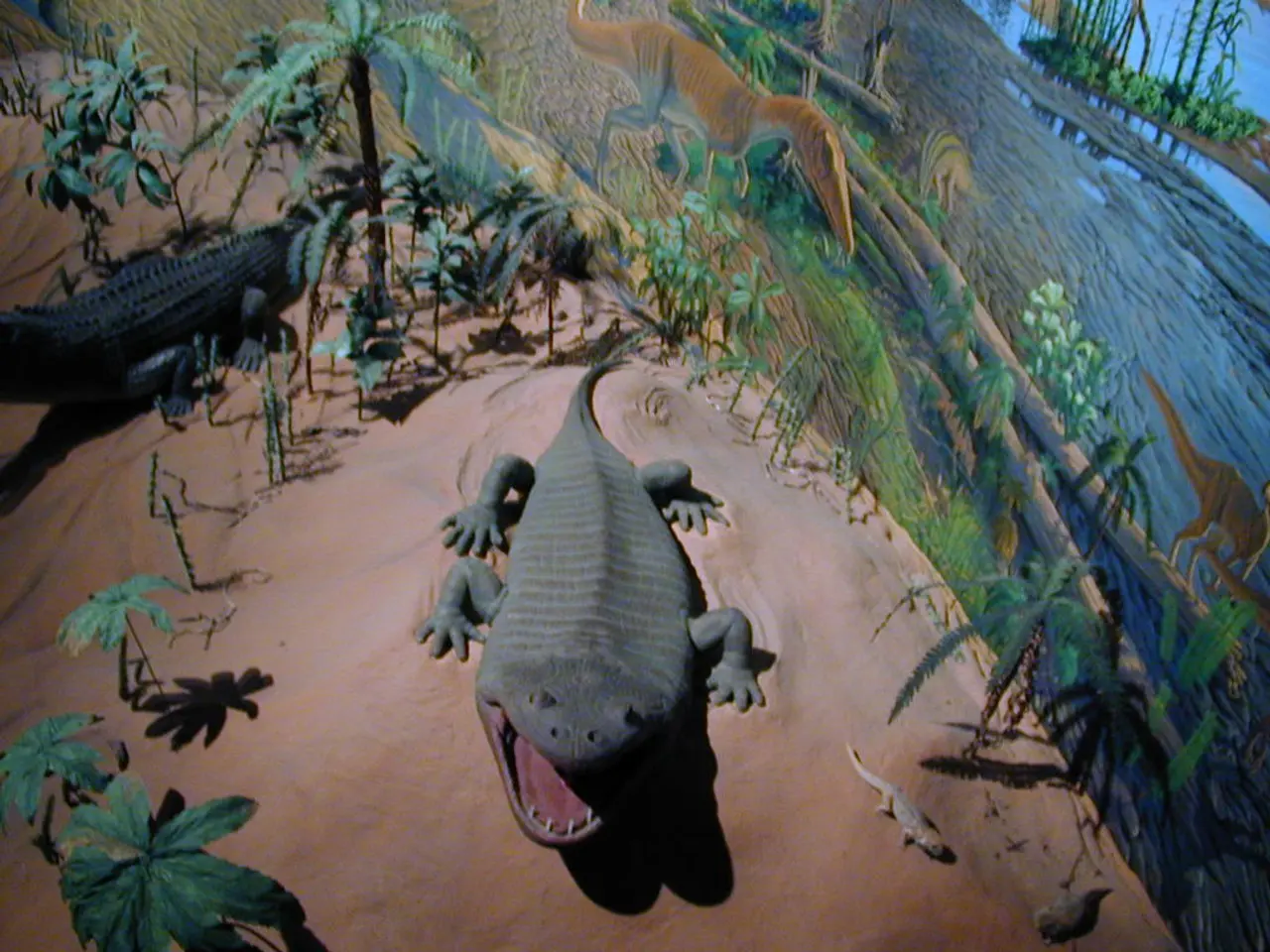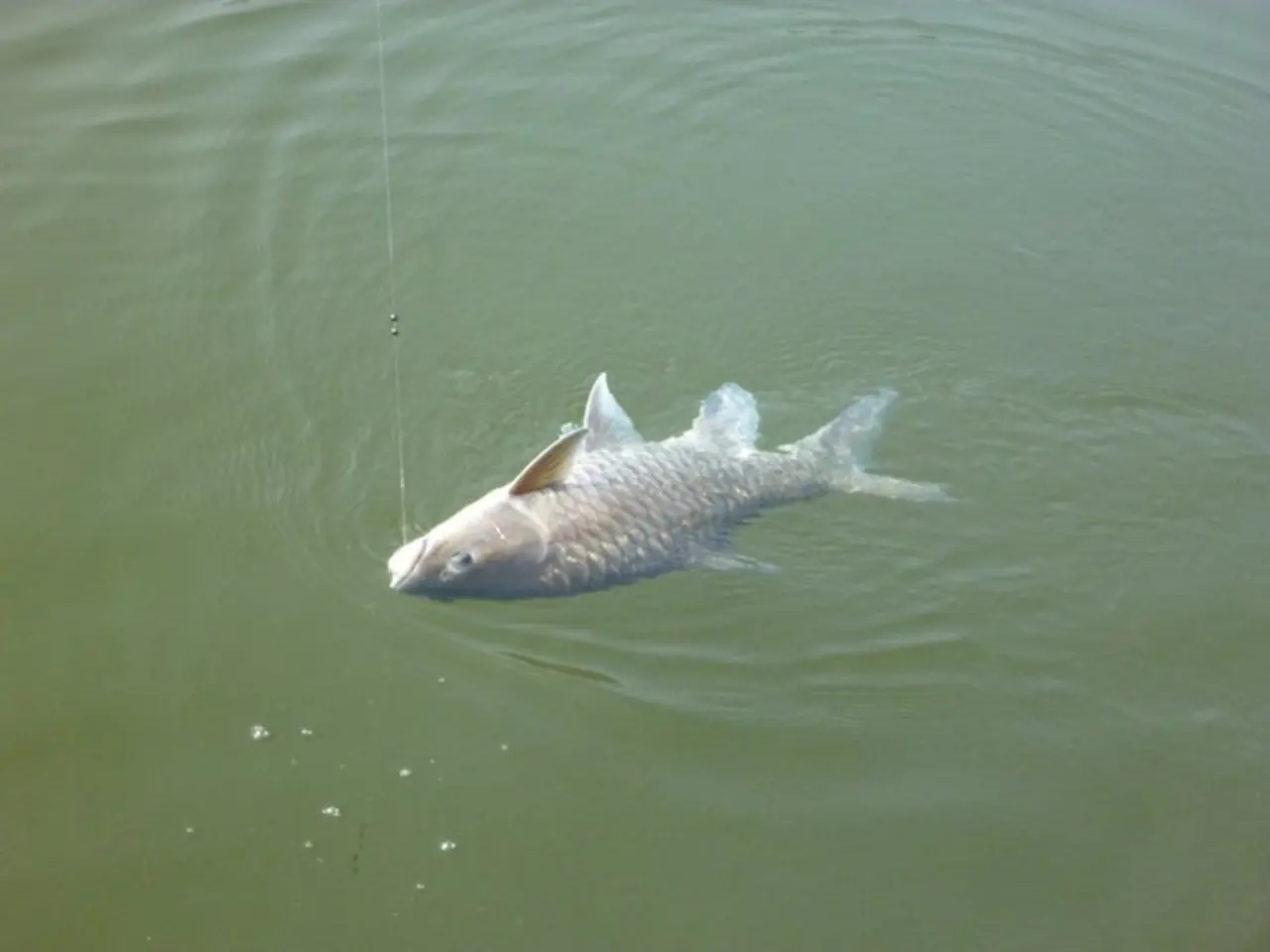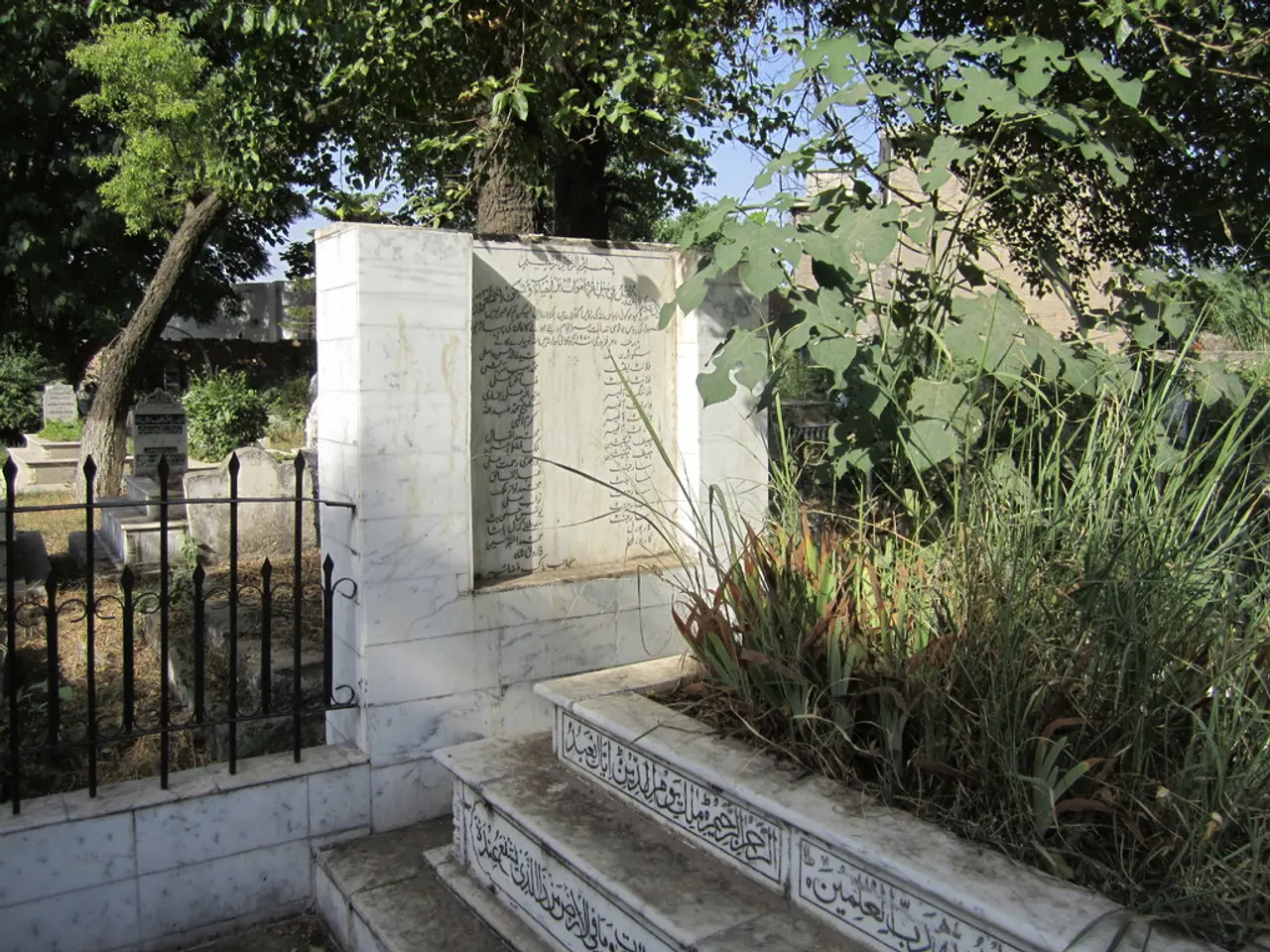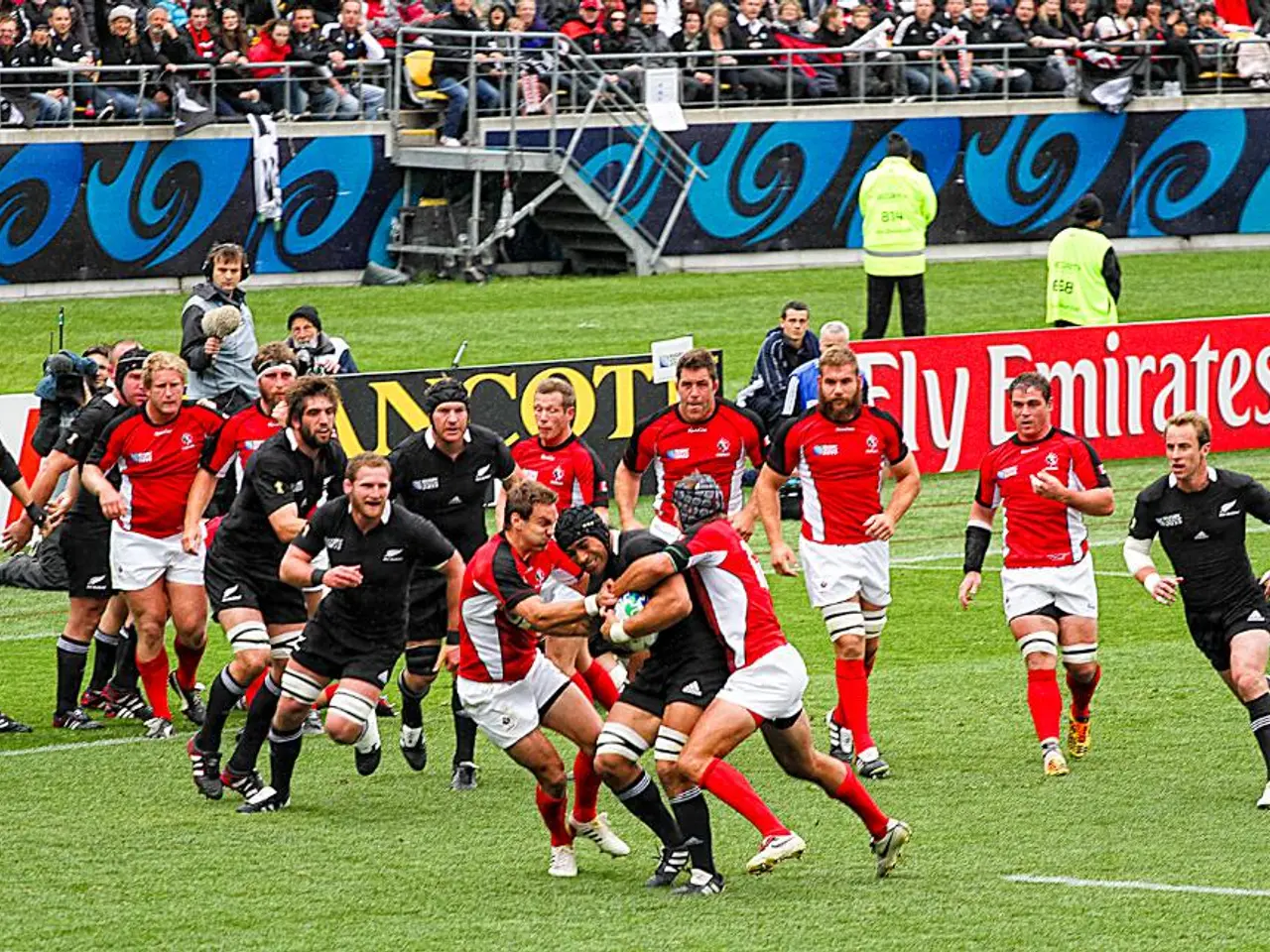Extermination in Namibia: No encampment allowed on ex-death island - "Overdue change"
Namibia's Shark Island Transforms into a National Heritage Site
After years of public and civil society pressure, Namibia Wildlife Resorts (NWR) has withdrawn from Shark Island, a former concentration camp during German colonial rule where thousands of Ovaherero and Nama were interned, tortured, and murdered. The island, now set to be transformed into a fully-fledged national heritage site, will prioritize historical processing, mourning, and education about Namibia’s dark colonial past rather than tourism[1][5].
This shift reflects a long-standing demand from affected communities since 2019 for Shark Island’s reclassification away from a tourist destination towards a place of reflection and commemoration. The move aligns with broader efforts to acknowledge and memorialize the genocide history at the site[1].
The Namibia Heritage Council (NHC) will take over responsibility for Shark Island from NWR in a handover process that is expected to be completed by the end of the year. The NHC, in collaboration with civil society organizations, scientists, and descendants of the victims, will develop a concept for the use of Shark Island[6].
Laura Mahler, GfbV representative for Sub-Saharan Africa, has expressed her support for the decision, stating that economic interests should not be placed above historical responsibility[7]. The GfbV can be reached at [email protected] or 03051 / 695825-3.
However, the future of Shark Island is not without challenges. The area around the island is under threat due to the planned expansion of the Hyphen hydrogen project's harbor[8]. The impact or future of this project remains unclear, with further updates needed from Namibian authorities or news sources to clarify this aspect.
Despite these challenges, Shark Island remains an important memorial to the genocide, as the remains of the ancestors still lie there, which have a deep spiritual and cultural significance for the descendants[9]. The island's transformation into a national heritage site is a significant step towards honoring the memories of those who suffered and ensuring their stories are not forgotten.
[1] https://www.dw.com/en/namibia-set-to-turn-shark-island-into-genocide-memorial/a-59884609 [2] https://www.dw.com/en/namibia-shark-island-to-be-turned-into-genocide-memorial/a-59884609 [3] https://www.dw.com/en/namibia-shark-island-to-be-turned-into-genocide-memorial/a-59884609 [4] https://www.aljazeera.com/news/2022/1/19/namibia-to-transform-shark-island-into-genocide-memorial [5] https://www.dw.com/en/namibia-to-transform-shark-island-into-genocide-memorial/a-59884609 [6] https://www.dw.com/en/namibia-to-transform-shark-island-into-genocide-memorial/a-59884609 [7] https://www.dw.com/en/namibia-to-transform-shark-island-into-genocide-memorial/a-59884609 [8] https://www.dw.com/en/namibia-to-transform-shark-island-into-genocide-memorial/a-59884609 [9] https://www.dw.com/en/namibia-to-transform-shark-island-into-genocide-memorial/a-59884609
- The transformation of Shark Island into a national heritage site signifies a significant political shift, prioritizing the recognition and memorialization of Namibia's dark colonial past.
- Given the planned expansion of the Hyphen hydrogen project's harbor near Shark Island, general news sources may provide updates about the potential impact on this national heritage site.








